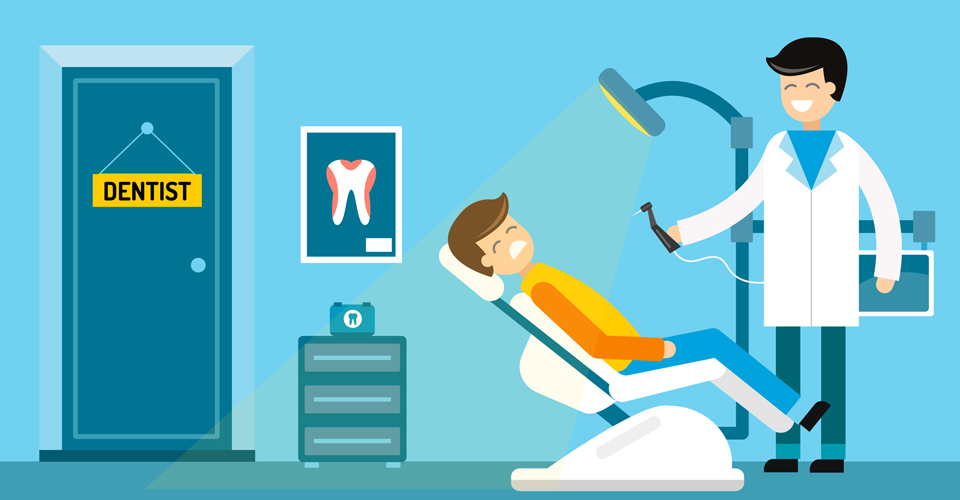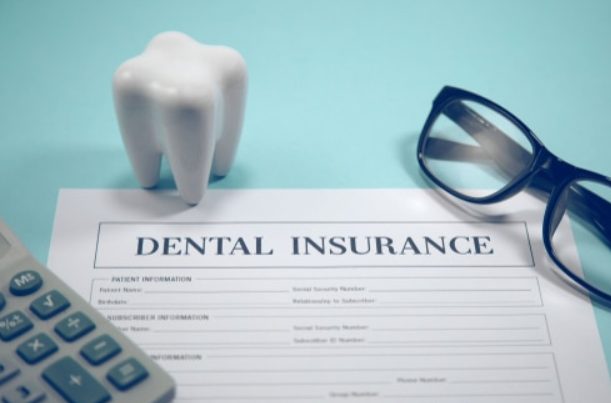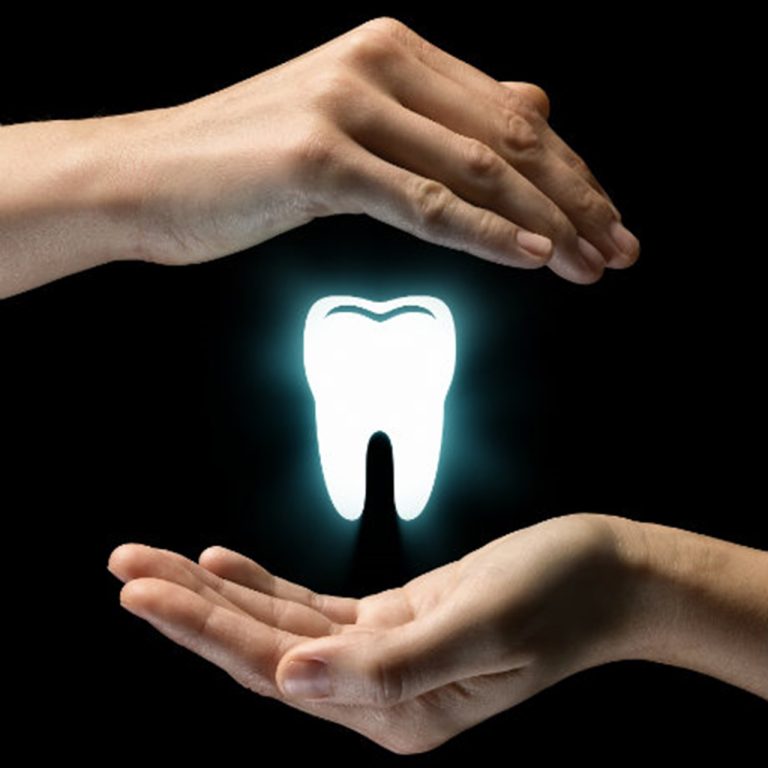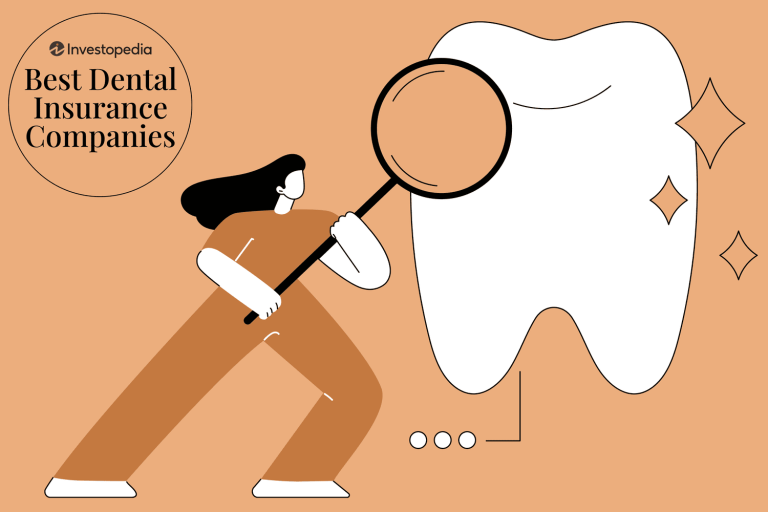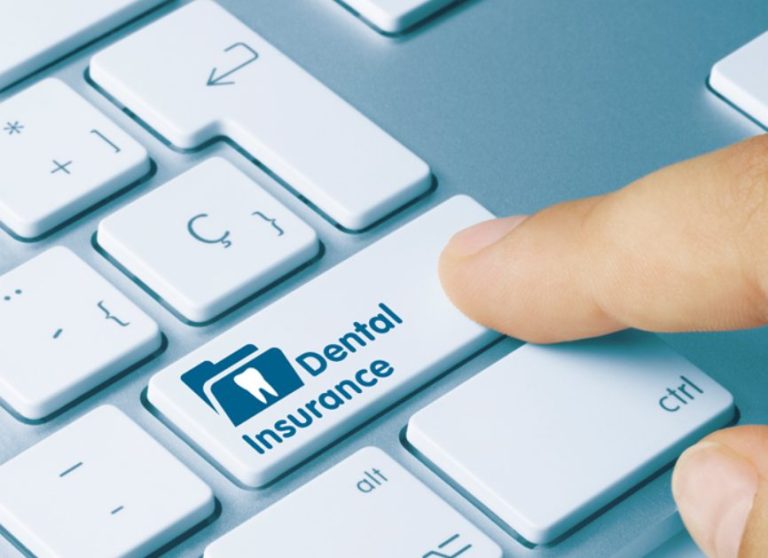Dental care is crucial for overall health and well-being, but it can also be expensive. Many people struggle to pay for dental work, especially those without dental insurance. This comprehensive guide will explore various options and strategies to help you afford the dental care you need.
Contents
Understanding the Cost of Dental Work
The cost of dental work can vary significantly depending on the type of procedure, the location, and the dentist’s experience. Some common dental procedures and their average costs include:
- Routine cleaning and exams: $100-$200
- Fillings: $100-$300 per tooth
- Root canals: $500-$1,500 per tooth
- Crowns: $500-$1,500 per tooth
- Extractions: $100-$400 per tooth
- Dentures: $1,000-$3,000 per set
- Implants: $1,500-$3,000 per tooth
- Braces: $3,000-$7,000
It’s important to understand that these are just average costs, and the actual price you pay may be higher or lower.
Options for Paying for Dental Work
1. Dental Insurance
Dental insurance is one of the most common ways to pay for dental work. Most dental insurance plans cover a portion of the cost of preventive care, such as cleanings and exams, and a smaller portion of the cost of major procedures, such as crowns and root canals.
If you have dental insurance, it’s important to understand your plan’s coverage and limitations. Some plans have annual maximums, deductibles, and waiting periods.
2. Dental Discount Plans
Dental discount plans are an alternative to dental insurance. These plans offer discounts on dental services at participating dentists. The discounts typically range from 10% to 60%.
Dental discount plans are often less expensive than dental insurance, but they don’t cover as much. They’re a good option for people who need basic dental care but don’t want to pay for comprehensive coverage.
3. Payment Plans
Many dentists offer payment plans to help patients pay for dental work over time. These plans typically involve a down payment and monthly installments.
Payment plans can be a good option for people who need extensive dental work but can’t afford to pay for it all at once. However, it’s important to understand the terms of the payment plan, including interest rates and late fees.
4. Dental Schools
Dental schools offer dental care at reduced rates. This is because the work is performed by dental students under the supervision of experienced dentists.
Dental school clinics can be a good option for people who need basic dental care but can’t afford to pay full price. However, it’s important to be aware that treatment at a dental school may take longer than treatment at a private practice.
5. Community Dental Clinics
Community dental clinics offer dental care to low-income individuals and families. These clinics are often funded by government grants or private donations.
Community dental clinics can be a good option for people who can’t afford to pay for dental care at a private practice. However, it’s important to be aware that there may be long waiting lists for treatment at these clinics.
6. Government Programs
Some government programs offer dental care to low-income individuals and families. These programs vary by state, but they may include Medicaid, the Children’s Health Insurance Program (CHIP), and the Ryan White HIV/AIDS Program.
If you’re low-income, it’s important to check with your state’s health department to see if you’re eligible for any government programs that offer dental care.
7. Charities and Foundations
Some charities and foundations offer financial assistance to people who need help paying for dental work. These organizations typically have specific eligibility requirements, such as income level or medical condition.
If you’re struggling to pay for dental work, it’s worth checking with charities and foundations in your area to see if you’re eligible for assistance.
8. Medical Credit Cards
Medical credit cards are a type of credit card that can be used to pay for medical expenses, including dental work. These cards often have promotional offers, such as 0% APR for a certain period.
Medical credit cards can be a good option for people who need to pay for dental work immediately but can’t afford to pay for it all at once. However, it’s important to be aware of the interest rates and fees associated with these cards.
9. Personal Loans
Personal loans can be used to pay for any expense, including dental work. These loans typically have fixed interest rates and repayment terms.
Personal loans can be a good option for people who need to pay for dental work immediately and have good credit. However, it’s important to shop around for the best interest rates and terms.
10. Crowdfunding
Crowdfunding is a way to raise money from a large number of people, typically online. Crowdfunding can be used to pay for any expense, including dental work.
Crowdfunding can be a good option for people who have a compelling story and are comfortable sharing their situation with others. However, it’s important to be aware that there’s no guarantee that you’ll raise enough money to cover the cost of your dental work.
Tips for Saving Money on Dental Work
In addition to the options listed above, there are several things you can do to save money on dental work.
- Practice good oral hygiene: Brushing and flossing regularly can help prevent dental problems and reduce the need for expensive procedures.
- Get regular checkups: Seeing your dentist for regular checkups can help identify problems early, when they’re often less expensive to treat.
- Ask about discounts: Some dentists offer discounts to seniors, students, and military personnel.
- Get a second opinion: If you’re facing a major procedure, it’s always a good idea to get a second opinion from another dentist.
- Consider alternative treatments: There may be less expensive alternatives to some dental procedures.
- Negotiate: Don’t be afraid to negotiate with your dentist on the price of treatment.
Conclusion
Paying for dental work can be challenging, but there are a variety of options available to help you afford the care you need. By exploring these options and following the tips above, you can ensure that you get the dental care you need without breaking the bank.
Read More: Can Medexpress Prescribe Antibiotics?

